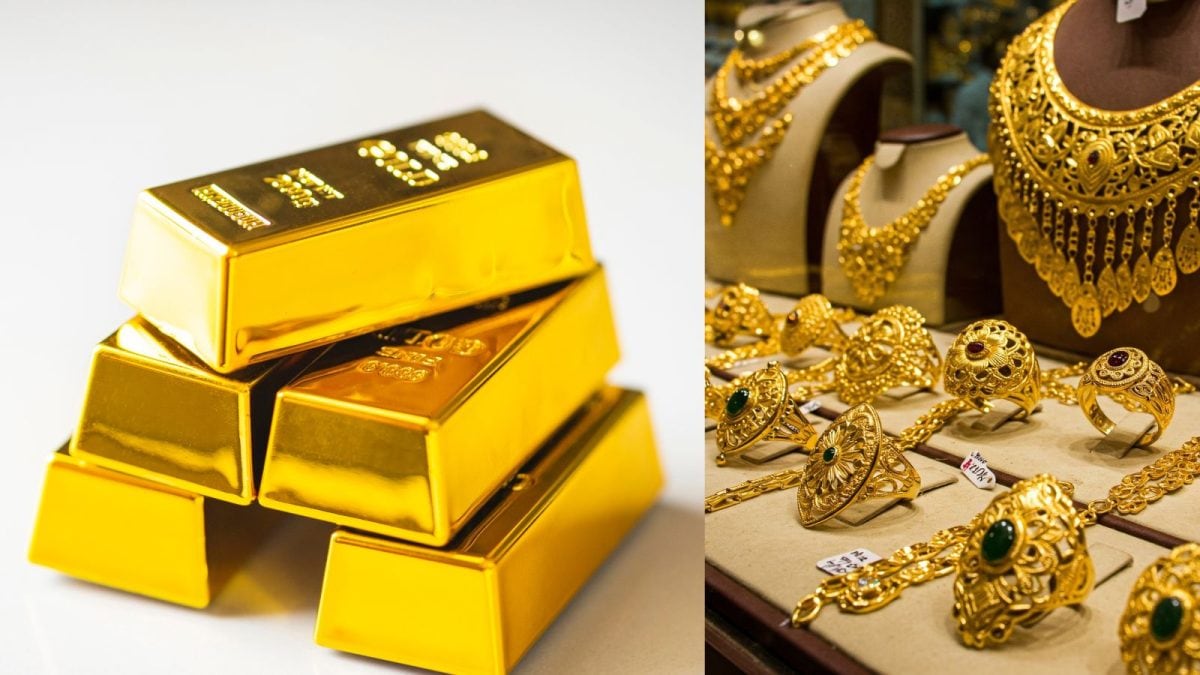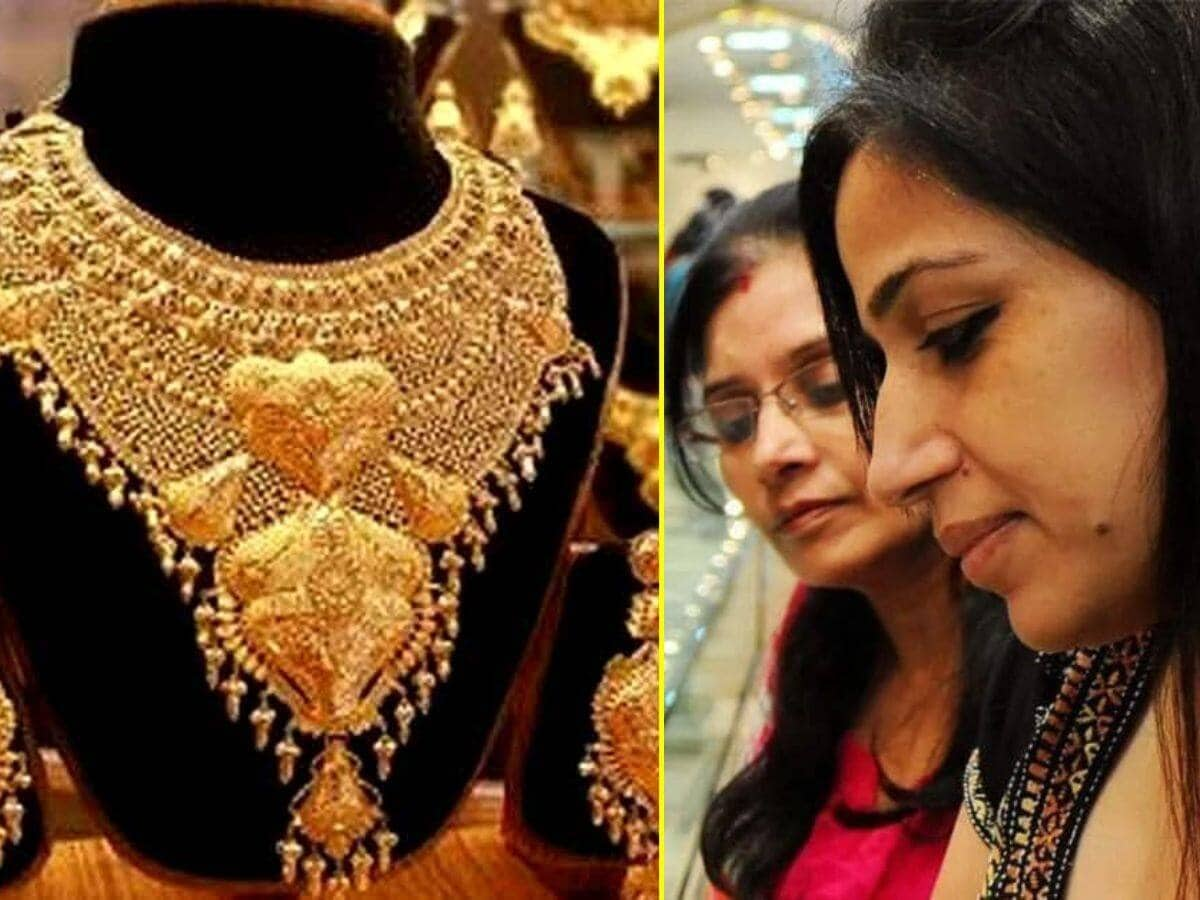
With gold and silver prices falling steadily over the past few days, customers are flocking to jewellery stores hoping to take advantage of the dip. But before rushing to buy, experts warn that gold purchases are not always as safe as they seem. Many buyers unknowingly fall for traps that can lead to significant financial losses.
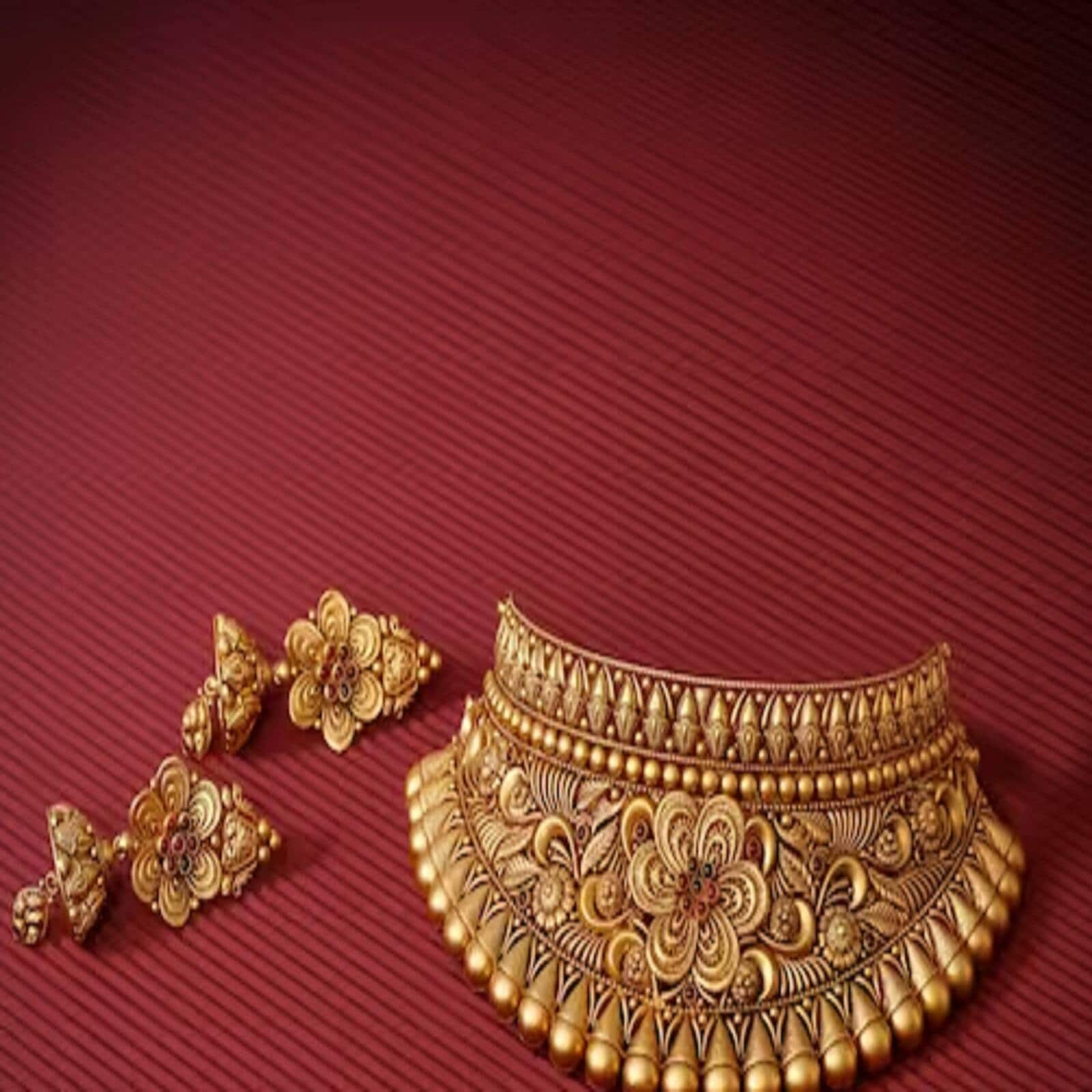
While gold and silver are often considered secure investments, the buying process comes with lesser-known pitfalls. After touching record highs recently, the prices have now begun to decline. Some experts believe prices may rise again soon, but one financial expert has issued a caution: buying physical gold and silver can be risky.
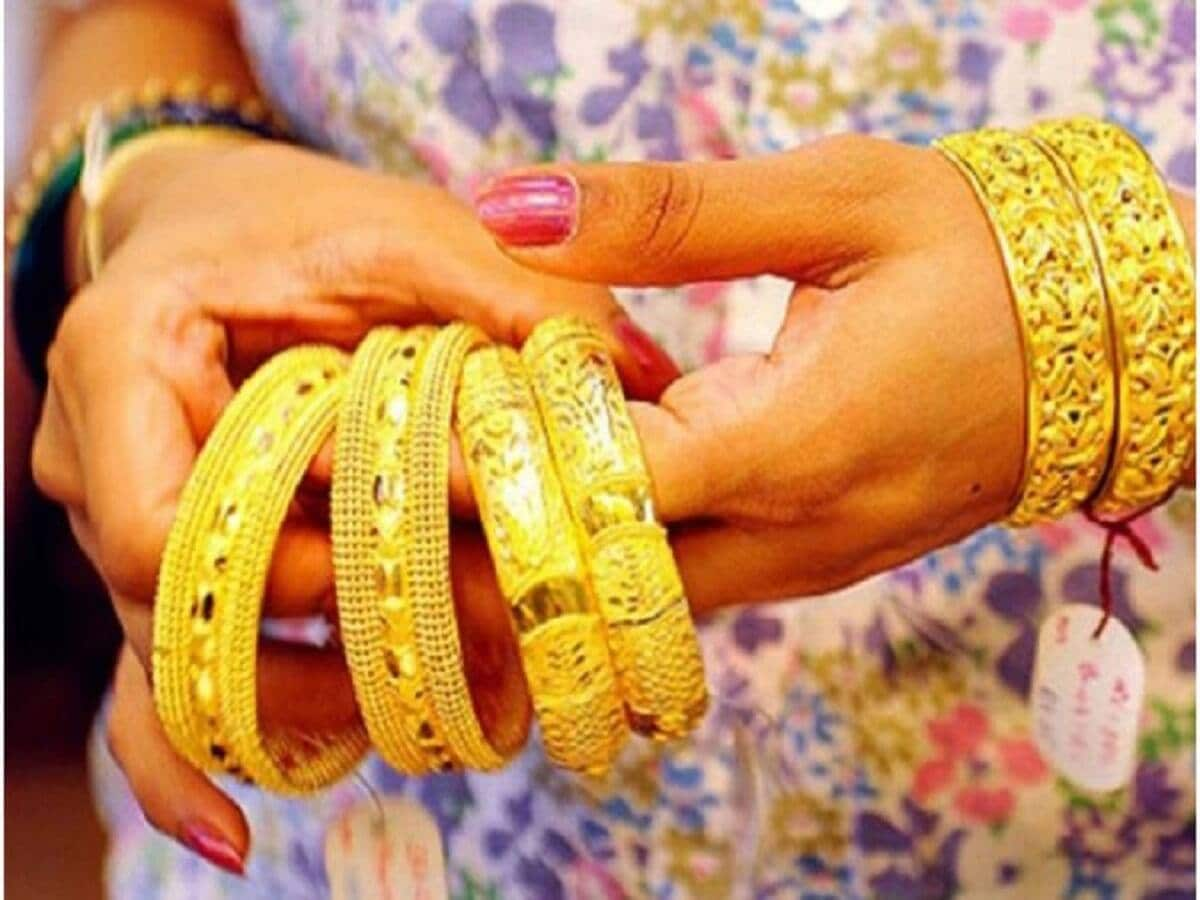
While gold and silver are often considered secure investments, the buying process comes with lesser-known pitfalls. After touching record highs recently, the prices have now begun to decline. Some experts believe prices may rise again soon, but one financial expert has issued a caution: buying physical gold and silver can be risky.
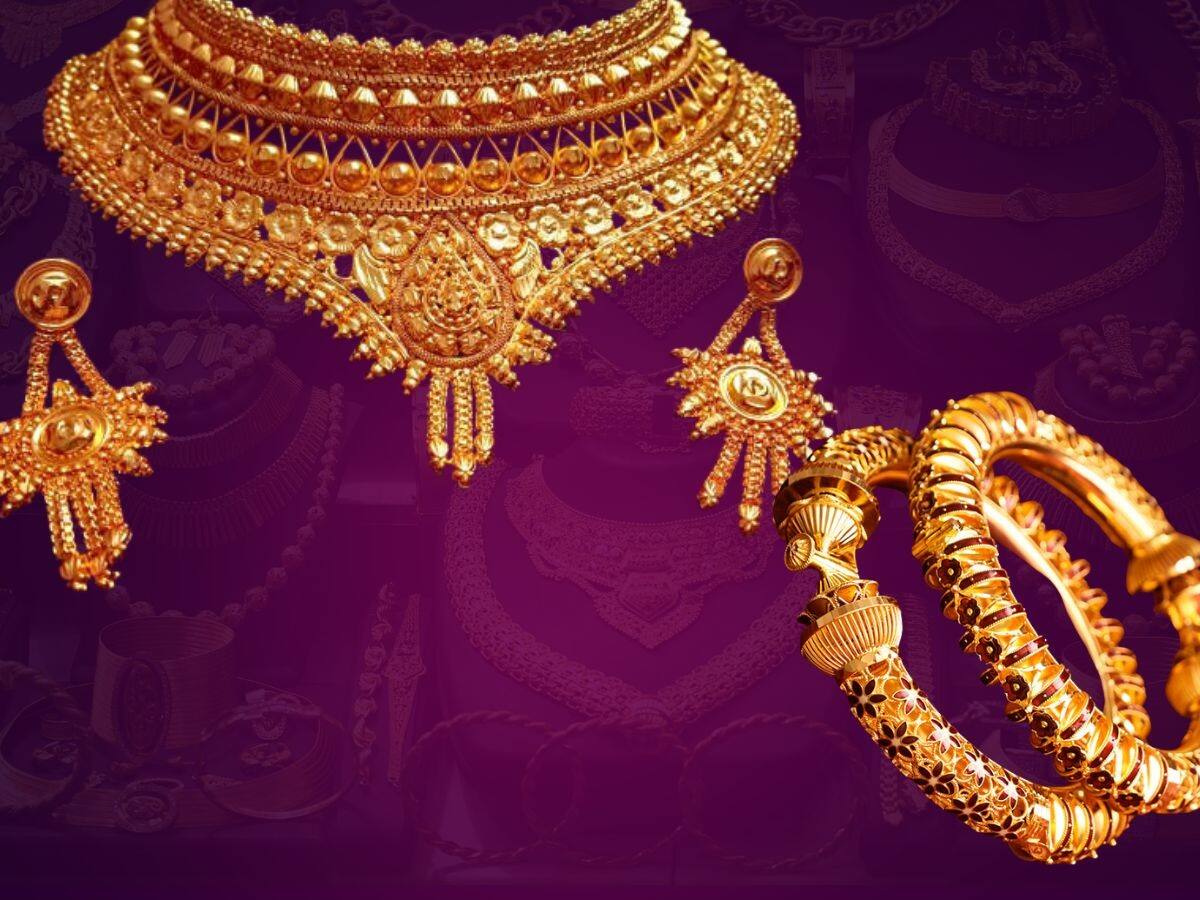
What Is the Spread Trap? Most small investors fail to consider the buy–sell spread — the difference between the price you pay while buying and the price you receive when selling. When purchasing physical gold, consumers pay the retail price, which includes dealer margins, GST, and making charges.
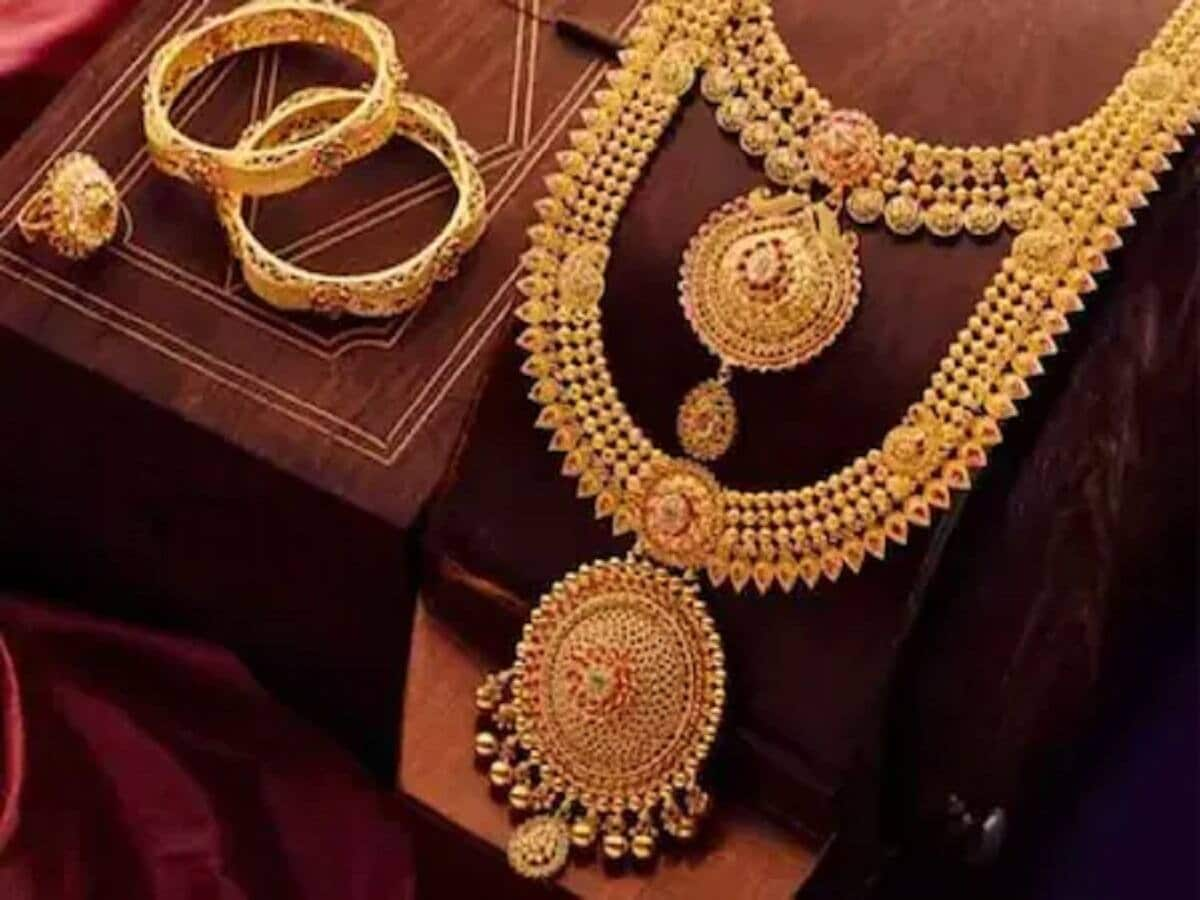
However, when they sell the gold, they get only the wholesale rate. If someone buys gold at ₹1.22 lakh per kg, they may only be able to sell it for ₹1.18 lakh per kg. Even if the market price is unchanged, this results in a loss of ₹4,000 per kg.
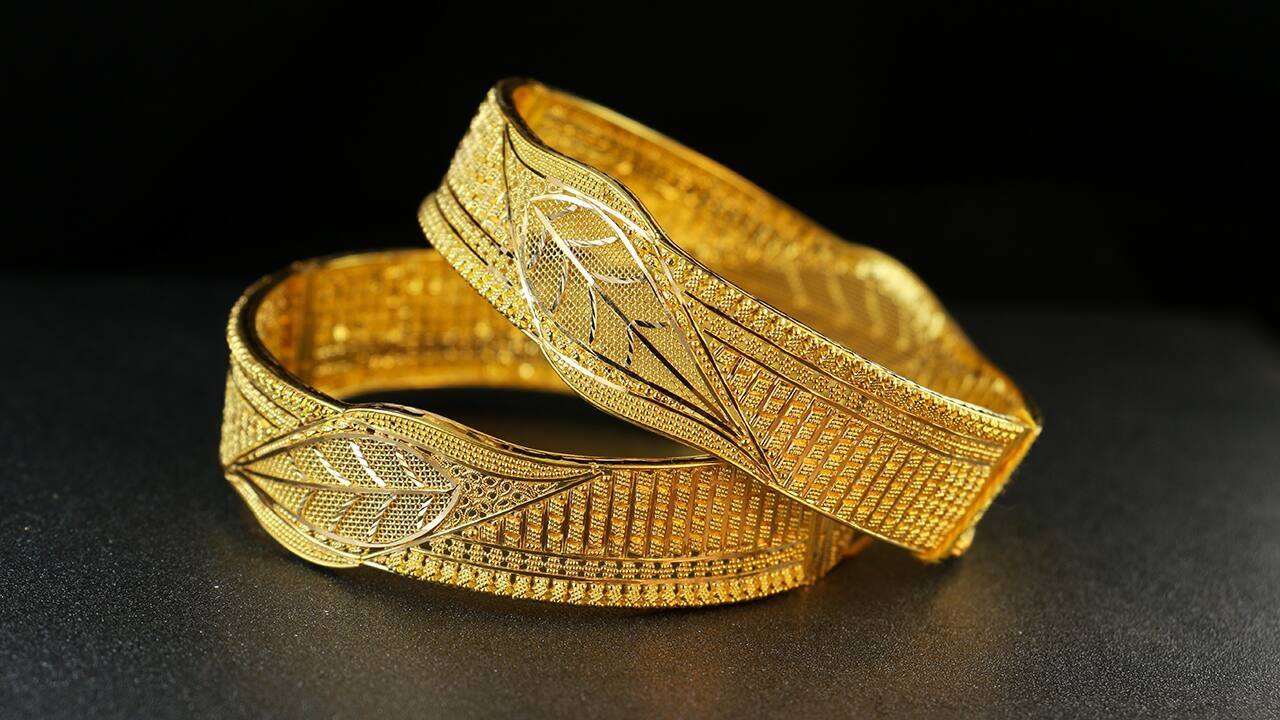
Storage and Security: Physical gold must be securely stored, which often requires bank lockers and insurance for theft protection. Kaushik points out that for quantities like 10 kg, annual locker charges alone can be substantial.
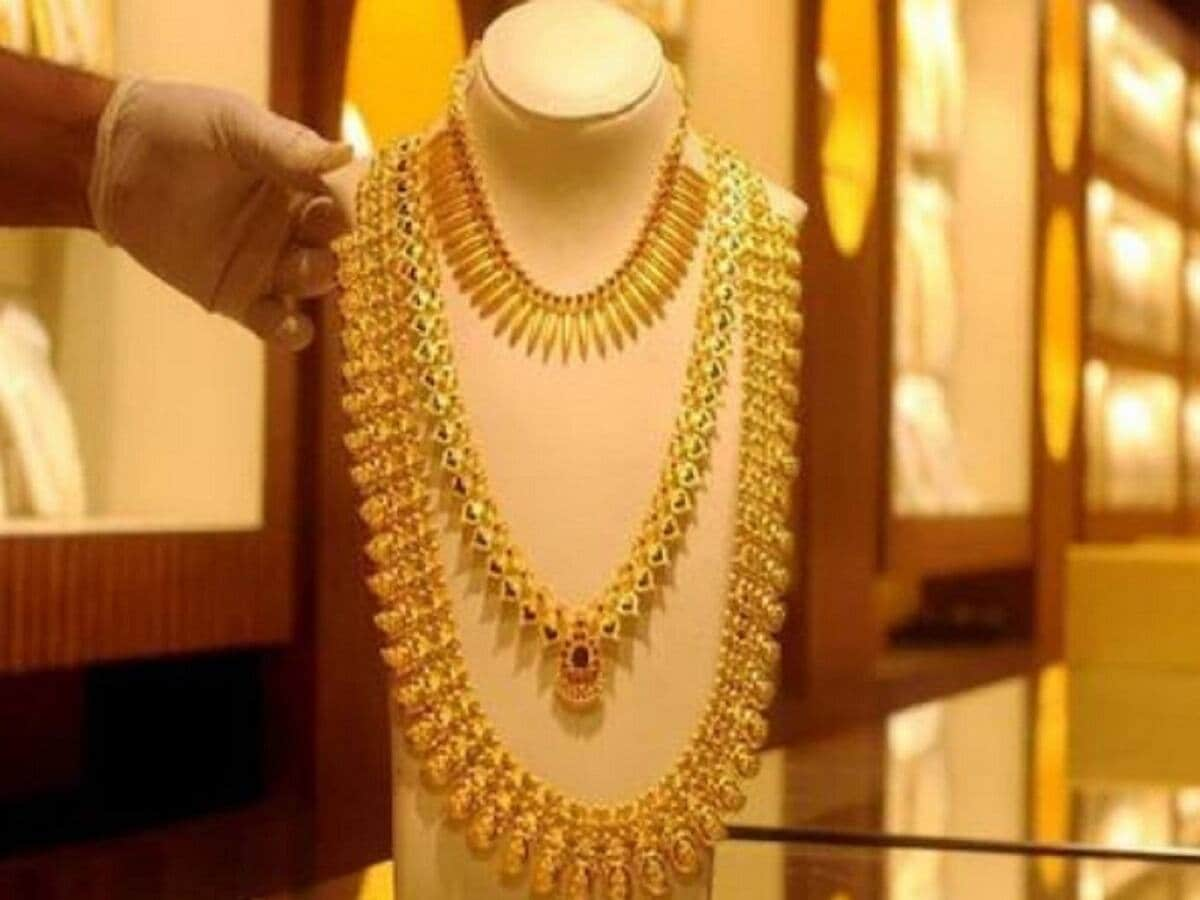
Purity Concerns: Kaushik highlights that even hallmarked gold can sometimes fall short on purity. In the case of jewellery, making charges further complicate the resale value. Those who buy from unreliable sellers risk receiving low-quality gold and getting tricked into reduced resale prices.

Kaushik suggests opting for gold and silver ETFs instead. These digital forms of investment are stored with SEBI-regulated custodians or certified vaults, ensuring purity and eliminating resale complications related to testing or quality disputes. He emphasises that digital gold products ensure transparency, purity, and security — advantages that physical gold cannot always guarantee.


